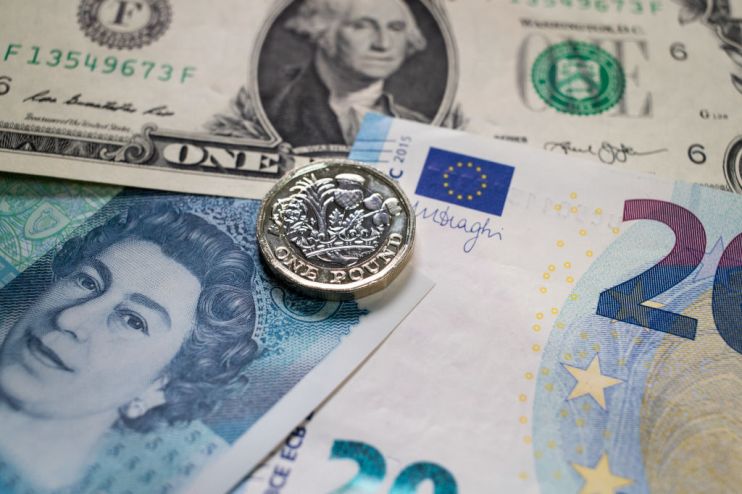NCA defeated in unexplained wealth order battle to seize three London homes worth £80m

The National Crime Agency (NCA) has been defeated in a court battle to seize three London homes worth £80m from the family of a Kazakh government official.
The High Court today dismissed the NCA’s attempt to use unexplained wealth orders (UWO) to seize the homes in Hampstead, Highgate and Chelsea.
In her judgment Justice Lang said she was not satisfied that the NCA had proved that the homes were bought with dirty money.
The NCA said it disagreed with today’s decision and would appeal.
The NCA was trying to seize the houses, including one on the so-called billionaires row in Hampstead, from relatives of Kazakhstan’s former dictator Nursultan Nazarbayev.
Nurali Aliyev – who owned one of the houses – is the son of Rakhat Aliyev, who died in Austrian prison in 2015 awaiting trial for murder. He was head of Kazakhstan’s tax police, deputy chief of its security service and first vice foreign minister.
He amassed a fortune during his time in government and was formerly married to the daughter of Kazakhstan’s former dictator.
The NCA said that the three properties were bought with money unlawfully earned by Rakhat Aliyev, but the judge rejected their case.
Graeme Biggar, the NCA’s director general of the National Economic Crime Centre, said: “We disagree with this decision to discharge the UWOs and will be filing an appeal. These hearings will establish the case law on which future judgments will be based, so it is vital that we get this right.
“The NCA is tenacious. We have been very clear that we will use all the legislation at our disposal to pursue suspected illicit finance and we will continue to do so.”
Nurali Aliyev said: “The court’s powerful judgment demonstrates the NCA obtained the orders on an inaccurate basis as part of a flawed investigation which was entirely without merit.
“The NCA deliberately ignored the relevant information I voluntarily provided and pursued a groundless and vicious legal action, including making shocking slurs against me, my family and my country.
“This resulted in us having to battle to keep our children’s names private. Today we have been vindicated and as a family we now respectfully ask for privacy.”
A spokesperson for Dariga Nazarbayeva – Nurali Aliyev’s mother – said: “While Dr Nazarbayeva is pleased with the court’s decision, the NCA’s flawed investigation has been intrusive on her private and family life, and she requests that their privacy is respected.”
Duncan Hames, director of policy at Transparency International UK, said: “This case has highlighted major weaknesses in the UK’s defences against dirty money that should be addressed urgently. Secretive corporate ownership continues to be a pervasive issue across the UK with tens of thousands of properties owned by opaque offshore vehicles.”
And added: “The government should require transparency over who really owns secretive offshore companies holding UK property, making it easier to identify property bought with suspicious wealth and giving the corrupt no place to hide.”
UWO’s were introduced in the UK in 2018 to help the battle against corruption. They have the effect of making owners of properties and other assets prove that they acquired them lawfully at the risk of confiscation.
In February, a woman who spent £16m at Harrods in a decade lost a legal challenge against the UK’s first UWO.
Zamira Hajiyeva, the wife of Azerbijani banker Jahangir Hajiyev, had been attempting to overturn a UWO obtained by the National Crime Agency in 2018 against a property in Knightsbridge.